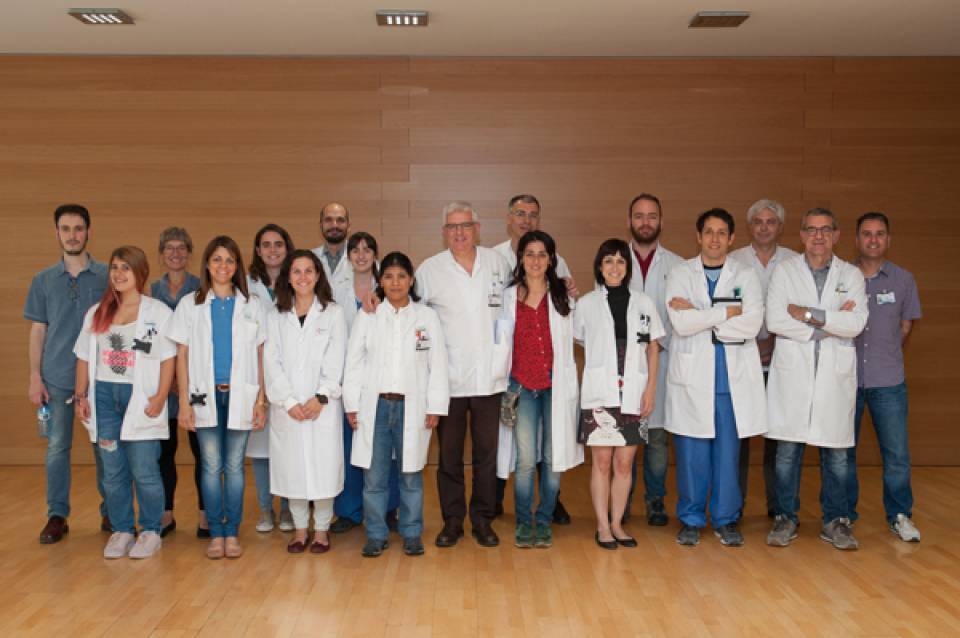Hospital-acquired pneumonia is the second most common nosocomial infection and the leading cause of death from this type of infection in critically ill patients. Its incidence ranges from 5 to 20 cases per 1,000 hospital admissions, with the highest rates in immunocompromised, surgical and elderly patients. Although this infection, which has an associated mortality of 10%, can be treated, bacteria are becoming resistant to antibiotics. It has been detected that several gram-negative bacteria, a subtype of bacteria causing about the 60% of nosocomial pneumonia, are resistant to carbapenems.
For the study published in the The Lancet Infectious Diseases, researchers conducted a clinical trial to assess the equivalence of a new antibiotic, ceftazimide-avibactam, with the standard treatment with carbapenem. A total of 879 patients from 136 centers in 23 countries participated. The results obtained show that this combination of antibiotics is as effective as carbapenem and allows to solve multiresistance problems in several pathogenic bacteria that cause nosocomial pneumonias.
"Overall, this study opens the door to the use of a new combination of antibiotics to treat in-hospital pneumonias, such as that associated with mechanical ventilation, and allows reserving carbapenem so as not to create multiresistance," explains Dr. Antoni Torres, who also is full professor at the Faculty of Medicine and Health Sciences of the University of Barcelona and coordinator of the CIBERES pneumonia program. "The importance of this work lies in the fact that ceftazimide-avibactam is the first new antibiotic that effectively resolves these problems", concludes Dr. Torres.

